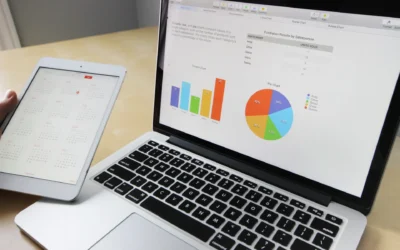The European Central Bank (ECB) is developing a new project to create a digital version of the euro currency as more consumers are ditching cash and prefer to pay in digital currency. A digital version of money might sound like a new concept, but 81 countries are exploring the use of Central Bank Digital Currency (CBDC).
The CBDC system is virtual money issued and backed by a central bank adapting to compete with digital currencies such as stablecoins and cryptocurrencies. The ECB is considering following this growing economic trend to provide a digital version of currency that can be used in the 19 members of the European nation.
Then digital currency will have a while to go before being completely implemented the central bank-backed money that could set the project back two years during the design and investigation stage. The ECB President Christine Lagarde released a statement saying, “It has been nine months since we published our report on a digital euro. In that time, we have carried out further analysis, sought input from citizens and professionals, and conducted some experiments with encouraging results. All of this has led us to decide to move up a gear and start the digital euro project.”
The ECB wants to be leading the future of digital currency that can take some time to develop to protect this new system from security breaches. Lagarde disclosed the importance of doing this project correctly for a new economic system with currencies in a physical and digital form.
The digital currency will “complement” the existing monetary system rather than erasing the business of commercial leaders by replacing physical cash. The benefits of having a digital currency come with some cautionary features.
Digital currency will benefit consumers with a new payment method that is efficient, quick, and efficient. Though there are many benefits for the consumer, the institution regulating digital currency poses threats to accessibility, safety, and privacy, with these extra features costing the consumers.
Panetta points out that more people are using digital currency, with most people buying their products through e-commerce retailers. Panetta makes a valid point citing the global pandemic resulting in more people buying online rather than in-store using fewer physical cash and pushed the digital currency shift. This currency change will take a couple of years to develop but is an example of the future of finance, shifting from physical currency to digital dollar.




